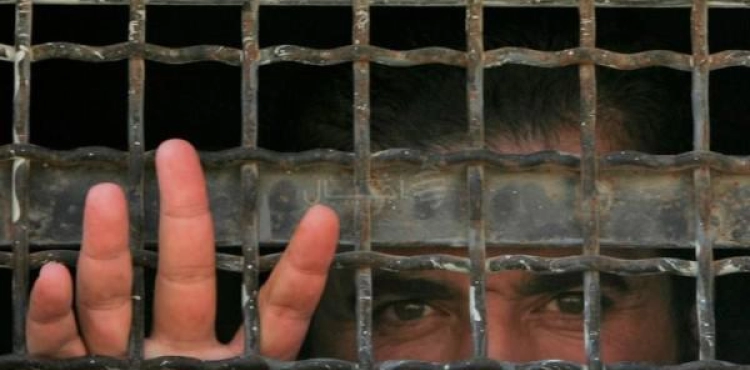The Health and Prisoners´ Affairs Authority warned today of the deterioration of the health conditions of prisoners who are sitting in the so-called "Ramla Hospital Clinic", who are threatened by slow death at every moment due to the policy of deliberate medical negligence.
The agency said that 10 sick prisoners are housed in the so-called "Ramle Prison Clinic" with very complex and dangerous health conditions.Most of them suffer from paralysis and move in wheelchairs and rely on other prisoners for their daily needs such as bathing, dressing, food and taking painkillers.
According to the authority, three prisoners on hunger strike are being held in isolation section inside Ramla Hospital with alarming and dangerous health conditions. They are Ahmed Ghannam, who has been on hunger strike for 87 days, and Ismail Ali, who has been on hunger strike for 67 days in a row. 70 days, against their administrative detention.
She stressed that the sick prisoners suffer from the policy of deliberate medical negligence, where the lack of medical and health services, and the lack of diagnosis of medical conditions, and the lack of treatment and medication necessary for them, and bargaining prisoners to treatment and transported by car Albosta to courts and prisons.
In its statement, the Authority reviewed the deteriorating health of the injured prisoner Sami Abu Diak, who suffers from a very serious deterioration in his health, because of suffering from cancer in the intestine four years ago due to deliberate medical negligence of his health, where he is unable to go out to visit the lawyer He is currently considered one of the most serious cases of Israeli detention.
In its report, the Commission called on the international community, human rights, and legal institutions to intervene immediately to save the lives of sick prisoners in Israeli jails, and to put an end to the policy of procrastination in providing medical care to sick and injured prisoners and release them before it is too late.












